Kuni Tyessi
The place of oral tradition is arguably as old as the existence of man. The potency through the verbalisation of words and sounds heavily embedded with meanings which have been passed down from generation to generation, remains significant, even though the concept seems to have been subjected to questionable scrutiny due to technological advancement.
Traditions in the forms of folktales, proverbs, chants and incantations amongst others have been used to share personal and collective experiences, histories, and cultural values, thereby promoting empathy and understanding, as well as taking the place of symbolism and metaphor in the conveyance of complex emotions, themes, and messages that facilitate deeper understanding and connection between communities and societies.
This is not forgetting the place of performance and spectacle, which are usually in the form of festivals and rituals being incorporated in performance elements such as music, dance, and drama in order to engage audiences and convey messages with benefits ranging from promoting reconciliation and community building.
While considering the importance of the roles of the ancient tradition, challenges it is facing in the present dispensation of modernity include, but not limited to accessibility in identifying remote or marginalised communities where the oral forms religiously exist; preservation in ensuring accurate and high-quality documentations are observed; and also the protection of digitized oral forms from degradation or loss over time.
Others are the shortages experienced in the concept of performance during festivals and rituals for national and international reconciliation and healing, involving cultural expressions being performed to express cultural values, traditions, and histories.
It is based on the aforementioned that the International Society for Oral Literature in Africa (ISOLA) will be converging on Abuja for its 15th international conference, holding on 10th and 11th of July, 2025.
ISOLA is a multinational, multicultural, and multilingual organisation dedicated to promoting, conserving, and studying the rich oral traditions of Africa and its diasporas worldwide.
In collaboration with the University of Abuja, now known as the Yakubu Gowon University, 12 counties will be expected to lend their voices to the dying aspect of the spoken arts under the theme, “Revival and Sustainability of Oral Texts, Artefacts and Heritage Sites”.
Under the chairmanship of ISOLA president and Executive Director of the council, Prof. Tunde Akinyemi, the participating countries are Canada, United States; Belgium, France, Sweden, Russia; Egypt, Kenya, Ghana, Cameroun, Ivory Coast, and South Africa.
Participants from 22 universities from Nigeria are expected to be in attendance and the conference, which will have an online audience, will draw from the deep intellectual wells of Prof.Tal Tamari from France and Prof. Gabriel Godini Darah from Nigeria.
Speaking about the highlights of the conference, the convener and Oral Literature expert, Prof. Gboyega Kolawole, said the sub- themes of the conference will also explore the collection and digitization of yet to be documented oral forms across genres, performance of festivals and rituals for national and international reconciliation and healing, and also mythmaking and folk cultural centres in urban spaces.
According to him, other areas of interest will be on “Narratives of heritage, ritual sites, buildings, monuments and artifacts for national goals, oralities of healing and ethno-conservation of biotic and abiotic factors, as well as mystic cults and magico-religious chants, songs, rituals for divination, healing and therapy.”
The convener stated that for a holistic approach, other areas to be factored into the conversations will dwell on, “Reconfigurations of the oral literary field and data collection tools and methods in fieldwork, technology and advancement in pedagogies in oral literature within cultural hegemonic contexts, and the role of new media in the dissemination, transmission and preservation folklore.”
Yet, others in the category of the sub themes will include the (re)classification of oral forms like myths and legends, and finally, the 21st century corroborative/confirmative role of science disciplines such as archaeology, geology, astrophysics, biology, and embryonic biology, particularly in pre-existing oral texts. This also will fall in line with the role of technologies of infrared, carbon dating space-satellite imaging, and chronology machine in the identification, location and authentication of artifacts and heritage sites.
It is anticipated that beyond the academic discourse, societies will be more united through the rich folkloric heritage that serves as an underexplored goldmine.



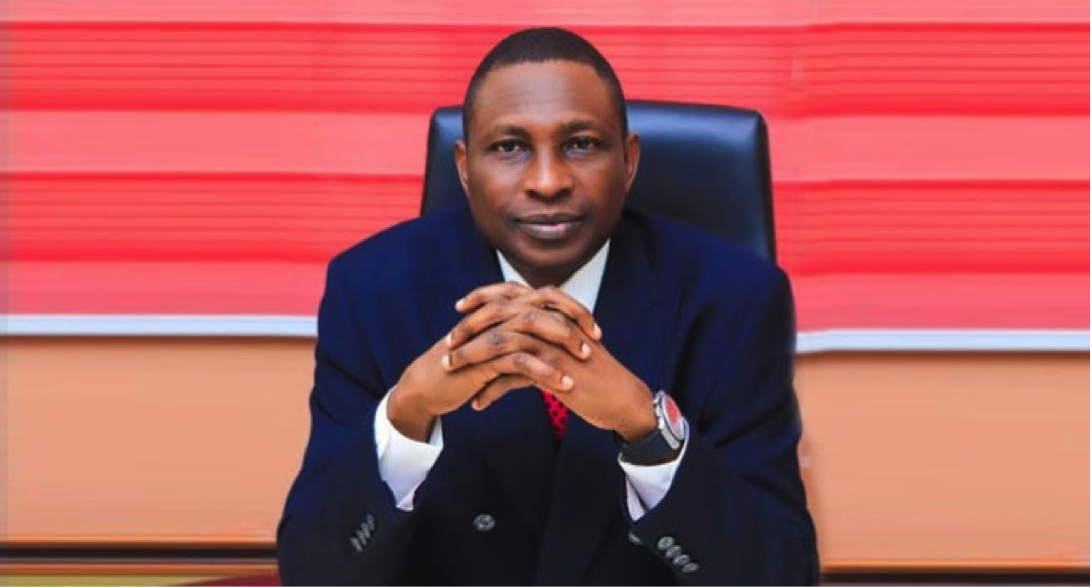
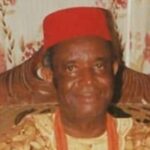

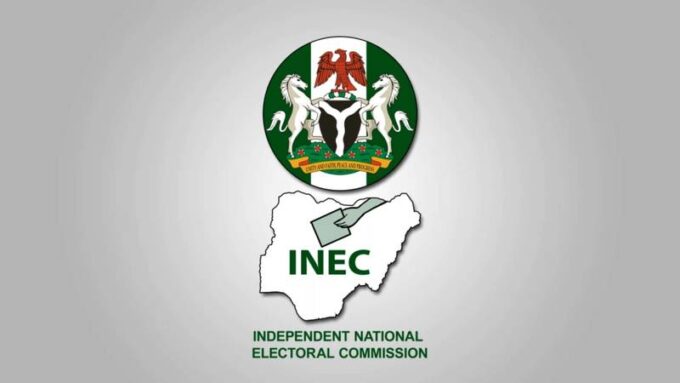
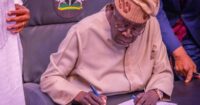


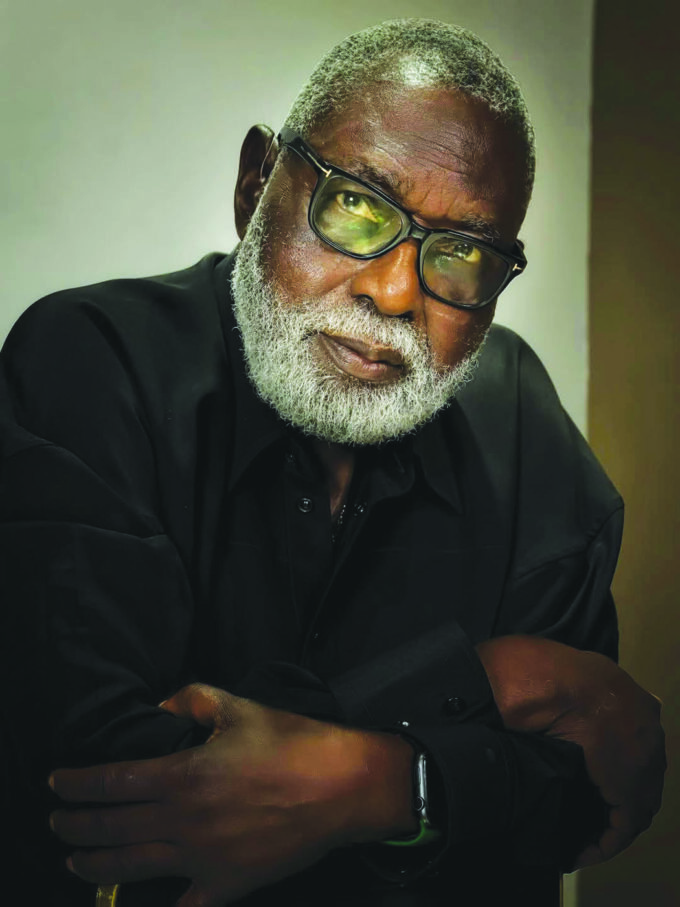
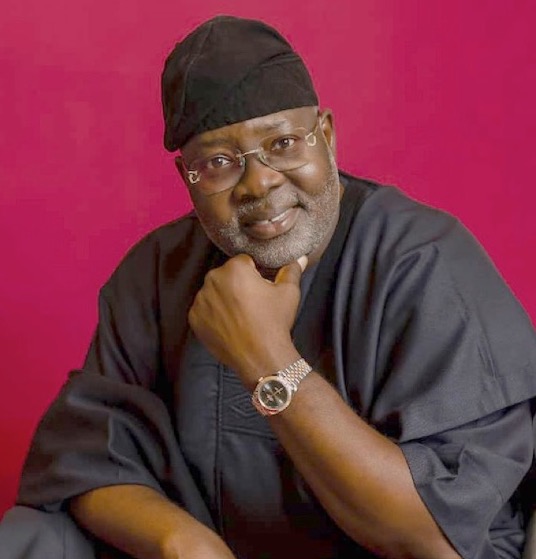
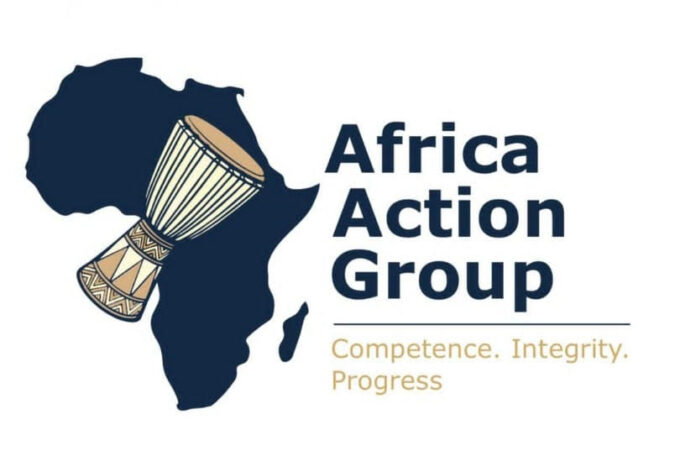


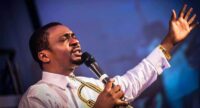

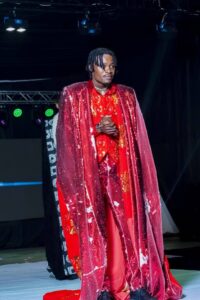
Leave a comment